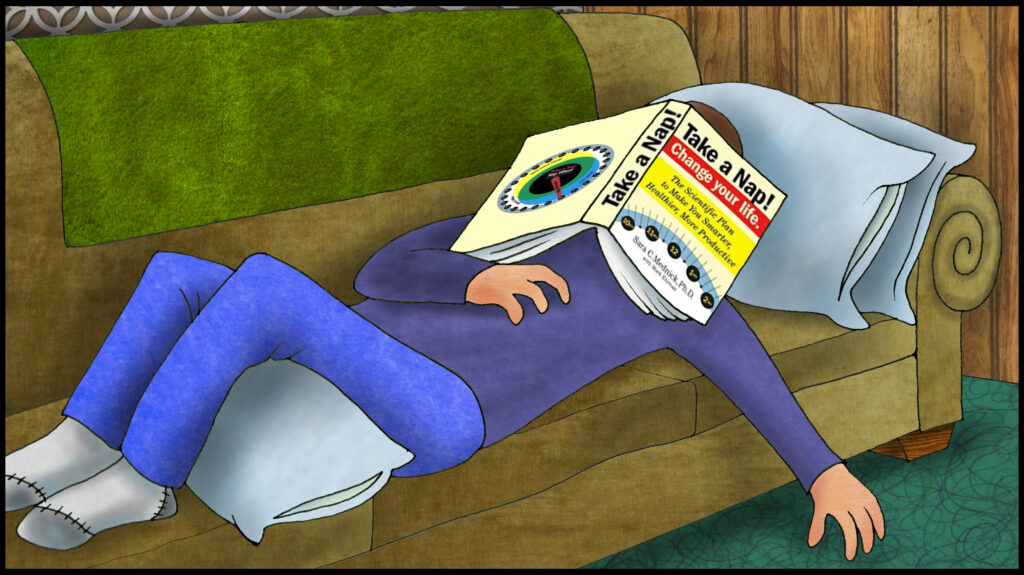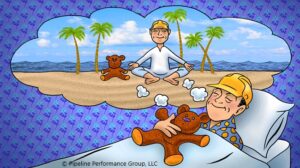Sleep is critical for brain functions. Most of us need our brains to perform tasks and relate to others, yet many don’t take seriously the need for prioritizing a restorative amount of sleep in each twenty-four hour period. There are volumes of research on sleep that confirm our need for 7 to 9 hours of sleep every day.
Fatigue has been cited as a contributing factor in some of the worst disasters on record. Here’s a sampling:
- An Air India Captain slept during part of his flight and awoke just before landing; 158 people were killed
- A Union Carbide chemical explosion which killed thousands of people
- The Chernobyl disaster which killed at least 30 people and contaminated the region
- The Exxon Valdez spill in which 10.8 million gallons of oil were released into Prince William Sound
- The Challenger explosion in which all seven crew members were killed
A fully refreshed brain is more alert to potential risks. Getting the proper quantity and quality of sleep can help you make better decisions. It also improves your concentration and reaction time. A well-rested person is usually easier to communicate with. Communication facilitates the sharing of information and ideas making it an important component of every safety-critical job.
So, how does napping factor into the topic of job performance and safety? There are many opportunities for missed sleep. Napping allows you to make up some of that time. Even a brief nap restores alertness, elevates mood, improves memory and reduces stress. Napping is free, nontoxic, and has no dangerous side effects.
If napping is so great, why doesn’t everyone do it? I’ve learned in conversations with friends and clients that it may be perceived as a sign of weakness and is therefore frowned upon. The value added from enjoying a brief rest in the afternoon should certainly carry more weight than the possibility of being snubbed by a co-worker. The sneering co-worker is the one missing out on the benefits, after all.
Another reason some people don’t nap is because they have found they feel groggy and lethargic after a nap. That can happen because blood sugar levels drop during sleep. If you drink water to refresh your brain and blood flow and eat a light snack when you wake, your blood sugar levels will quickly stabilize and you can enjoy the refreshing feeling so many report.
If you still believe napping is not for you, there is another way to improve alertness and relieve stress that may have developed throughout the day. Simply recline for 10-15 minutes. Elevate your knees, if possible, to relieve back and leg tension. Breathe deeply, pushing the diaphragm out. Hold for a few seconds, exhale slowly and completely. This brief rest can refresh your brain and your mood allowing you to finish the day strong!
MANAGING FATIGUE EDUCATIONAL PROGRAM | Scarlet Knight © 2020 Please Distribute to Others




